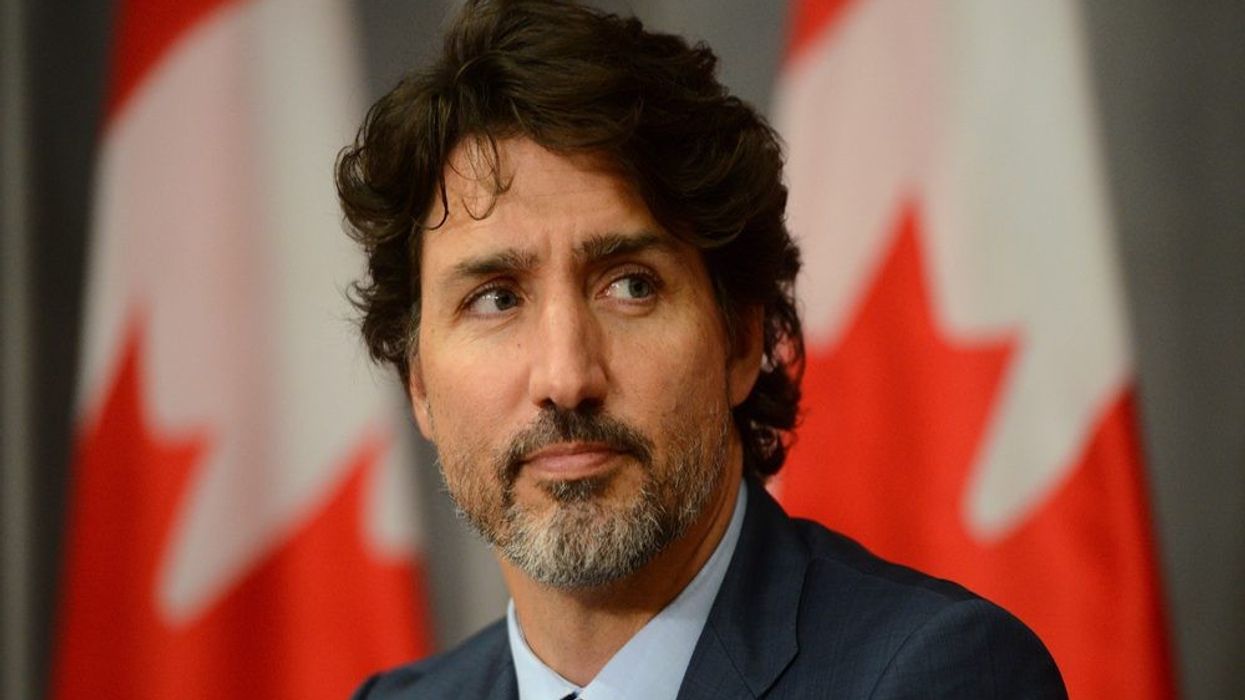On September 20, Canadians are heading to the polls as part of Prime Minister Justin Trudeau's approved snap election.
While Canada's next fixed-date election was set for October 2023, Trudeau called for an early election, saying he needed to ensure that voters approved his Liberal government's plan to recover from the pandemic.
Running against him includes Conservative Party of Canada Leader Erin O'Toole, NDP Leader Jagmeet Singh, Bloc Québécois Leader Yves-François Blanchet, and Green Party Leader Annamie Paul.
While the election is in the early days, the parties propose tackling health care and the pandemic, spending and the economy, affordability and real estate, climate change, and Indigenous reconciliation, amongst other issues.
READ: The Conservative Party: How They Plan to Tackle Housing if Elected
READ: The NDP: How They Plan to Tackle Housing if Elected
How Justin Trudeau Plans to Continue Tackling Housing if Re-Elected
The Liberals are heading into the election with the upper hand and are poised to win next month's election based on recent polling, though the road to a majority government may prove to be a challenge.
Trudeau is betting that his high vaccination rates against COVID-19 and plans for a post-pandemic economic rebound will help him prolong his leadership.
While the Liberals don't have any new plans to tackle housing to date -- the party's latest platform promise includes $10 a day child care for families -- the party's ongoing platform features three housing components.
- As part of a new, ten-year investment of nearly $20 billion in social infrastructure, the Liberals say they will prioritize significant new investment in affordable housing and seniors facilities.
- The party says it will undertake a review of escalating home prices in high-priced markets -- like Vancouver and Toronto -- to determine whether speculation is driving up the cost of housing.
- The Liberals say they will increase the new residential rental property rebate on the GST to 100% -- eliminating all GST on new capital investments in affordable rental housing.
- This wll provide $125 million per year in tax incentives to increase and substantially renovate the supply of rental housing across Canada
However, as part of the Liberal's 2021 federal budget, the party said $3.8 billion in new and re-assigned funding would be allocated for affordable housing, the Canada Housing Benefit, and other initiatives to build, convert, or repair 35,000 units across Canada. These funds will be distributed over the course of seven years.
What’s more, the budget shows $612 million will be dedicated to the homelessness strategy, including veterans, over two years.
The Liberals also announced a 1% national tax on non-resident, non-Canadian-owned residential real estate considered vacant or underused. This revenue stream is estimated to bring in $700 million over four years and would be levied annually beginning in 2022.
However, in a report published earlier this month by parliament’s budget watchdog, Parliamentary Budget Officer Yves Giroux says the Canadian government is falling short of its goal to expand its affordable housing stock.





















